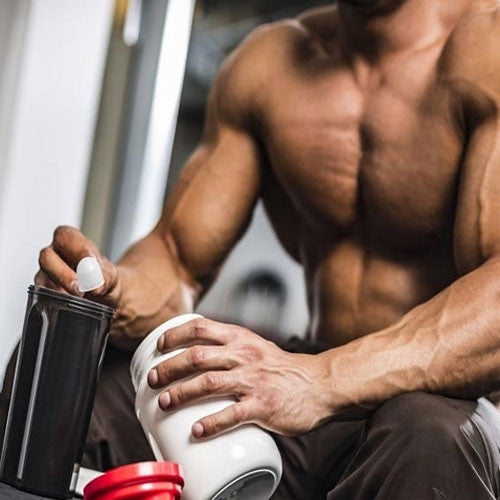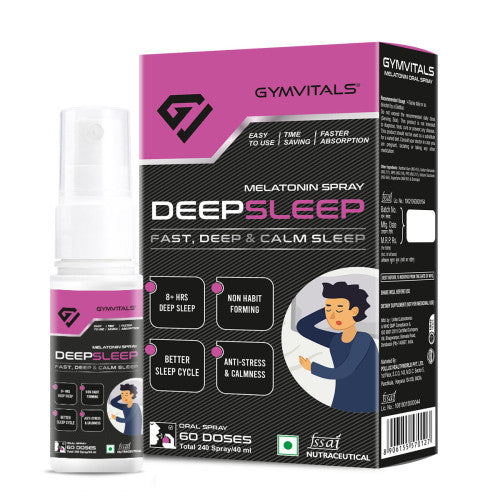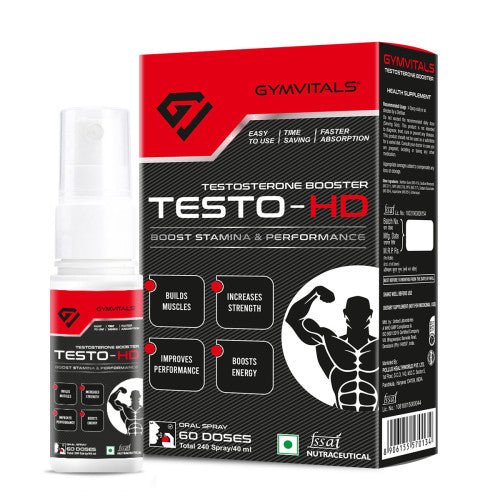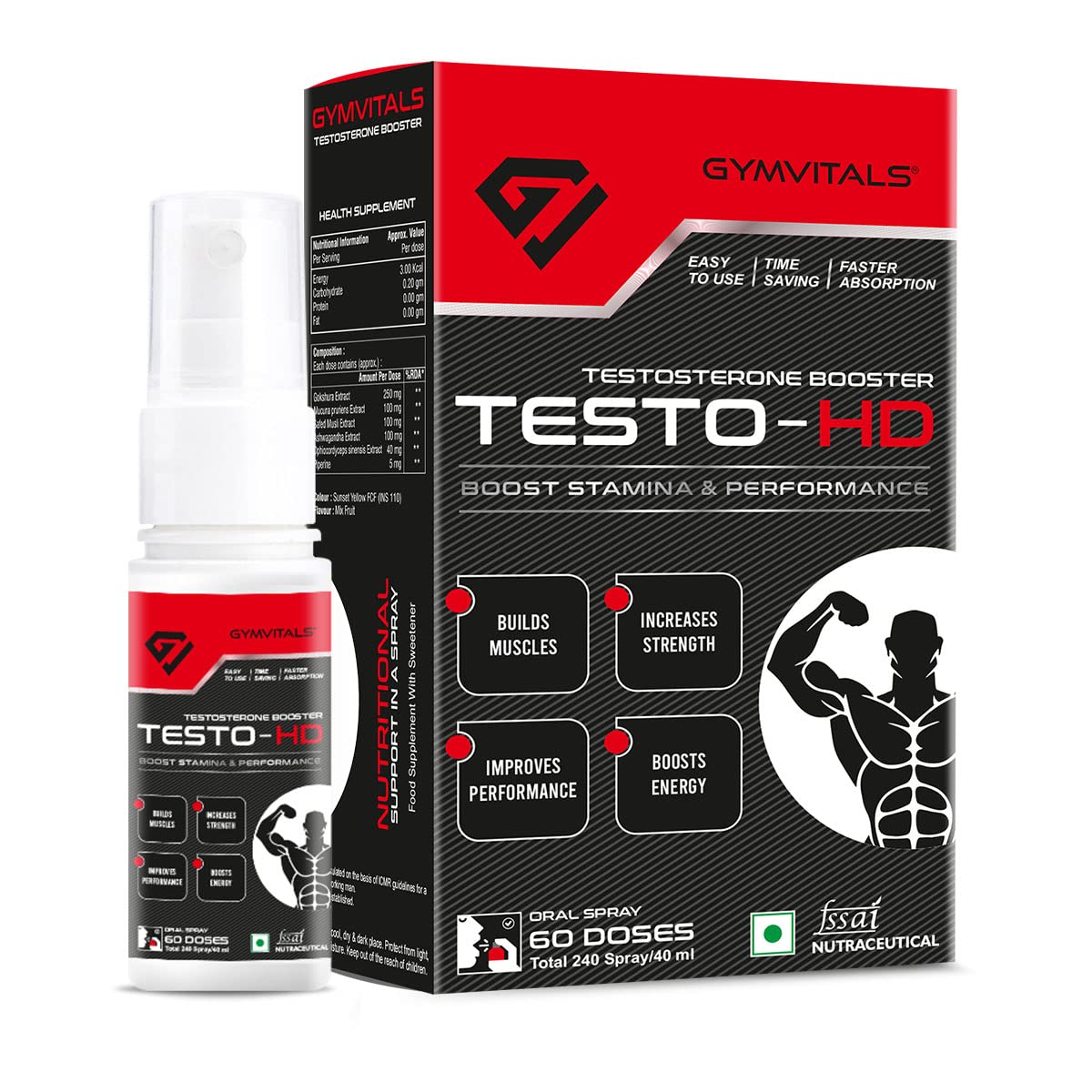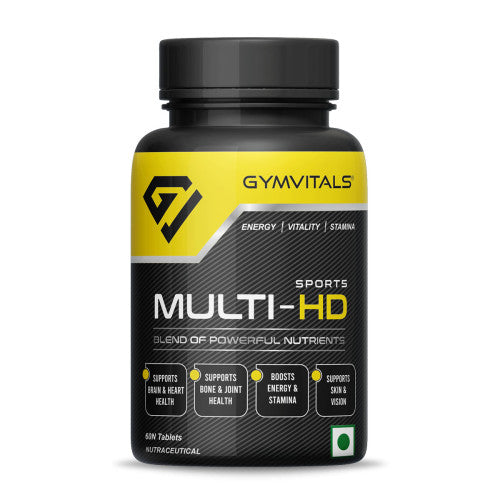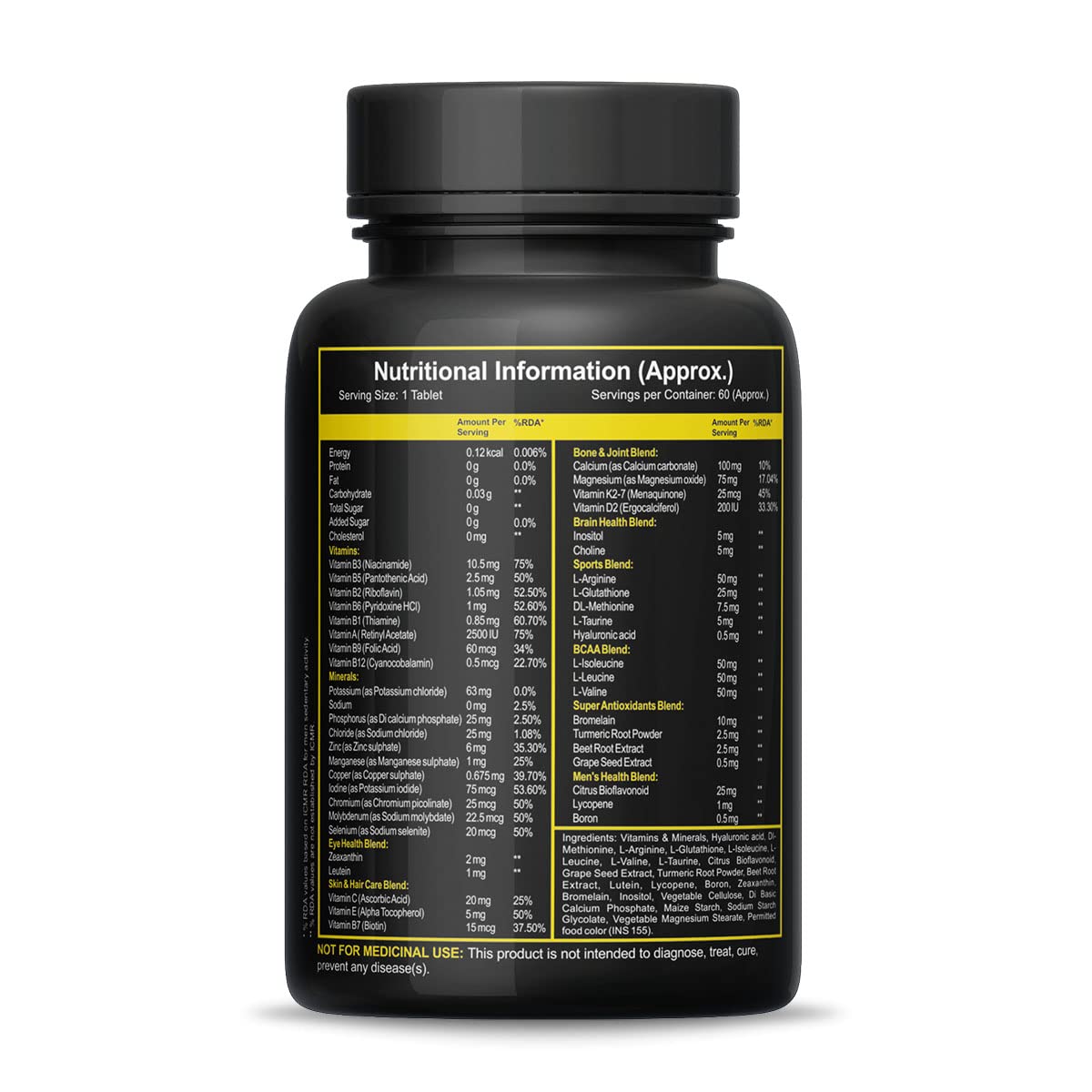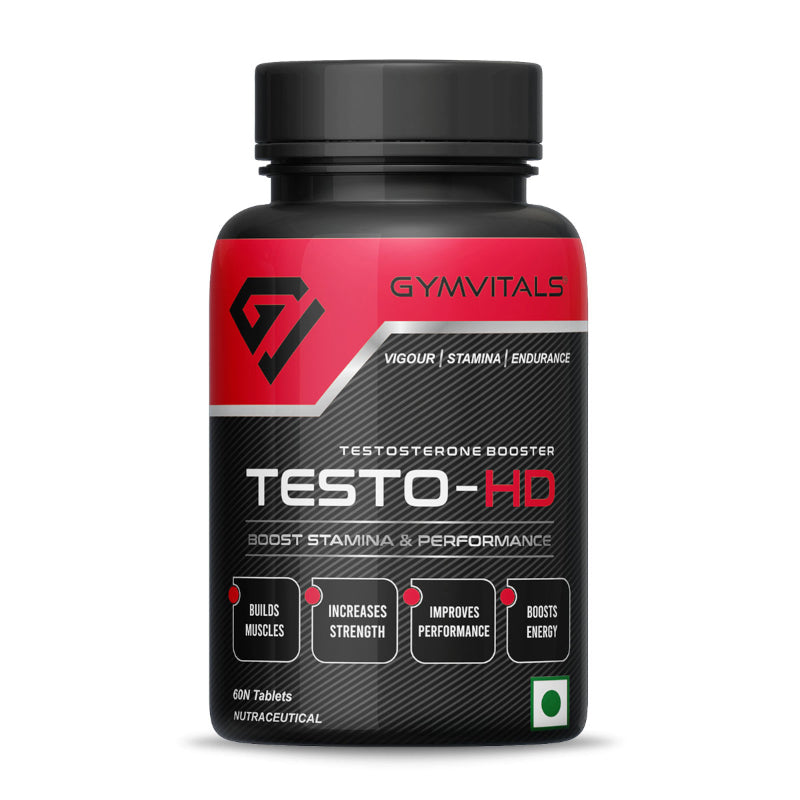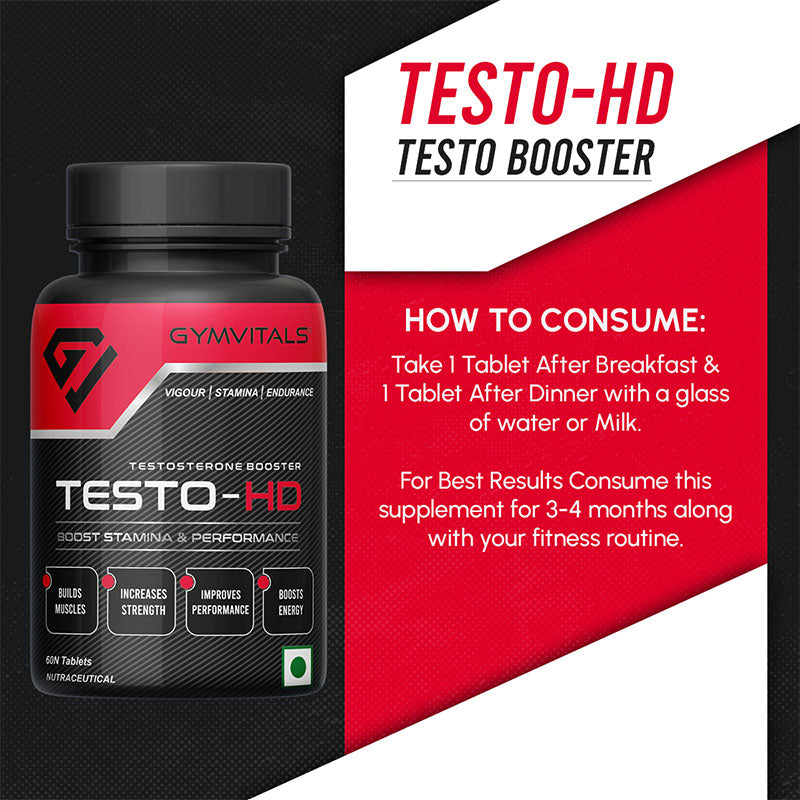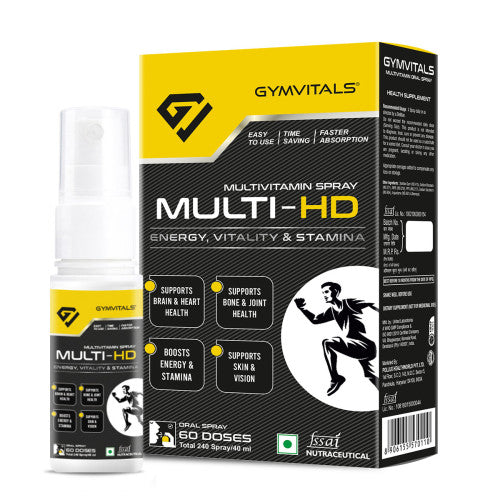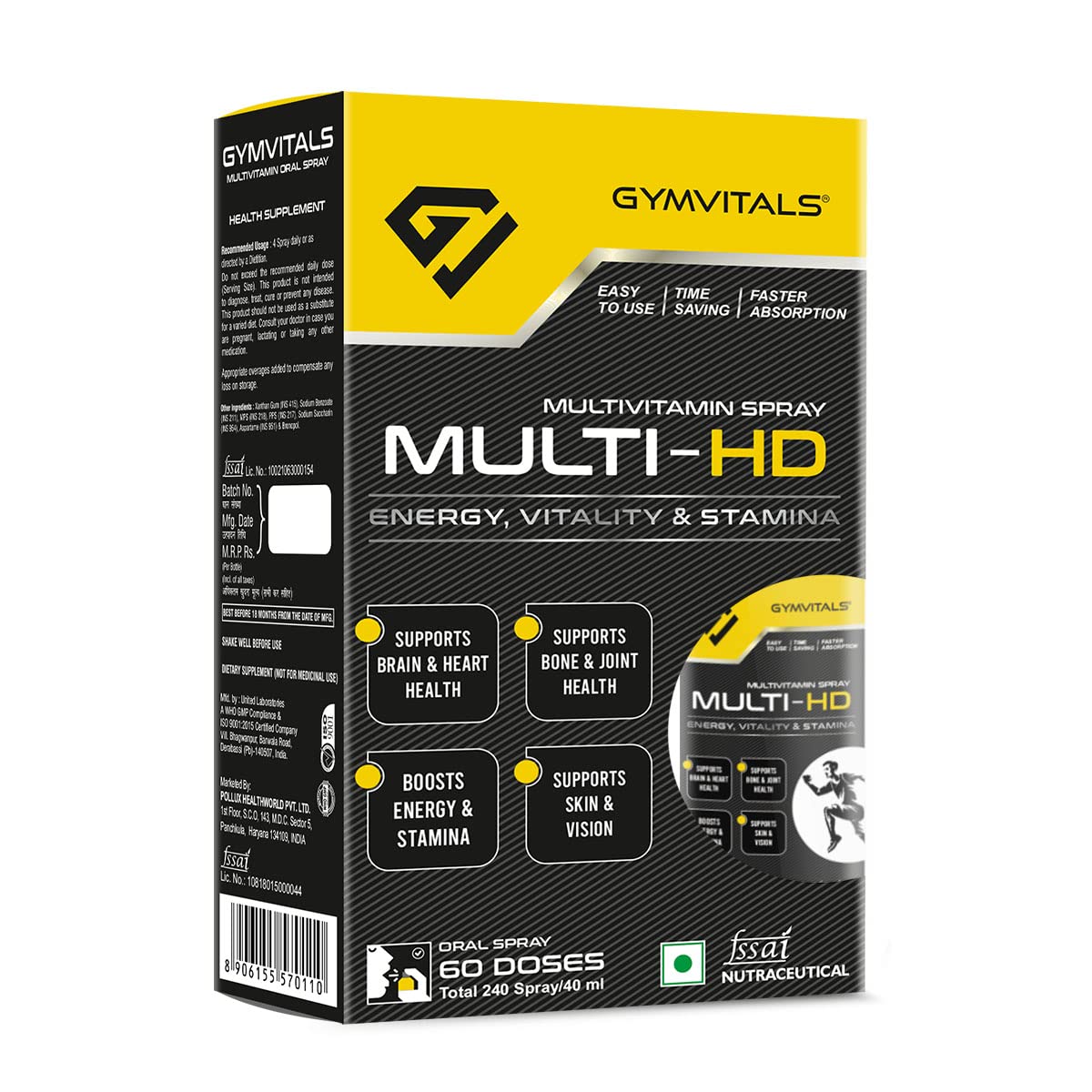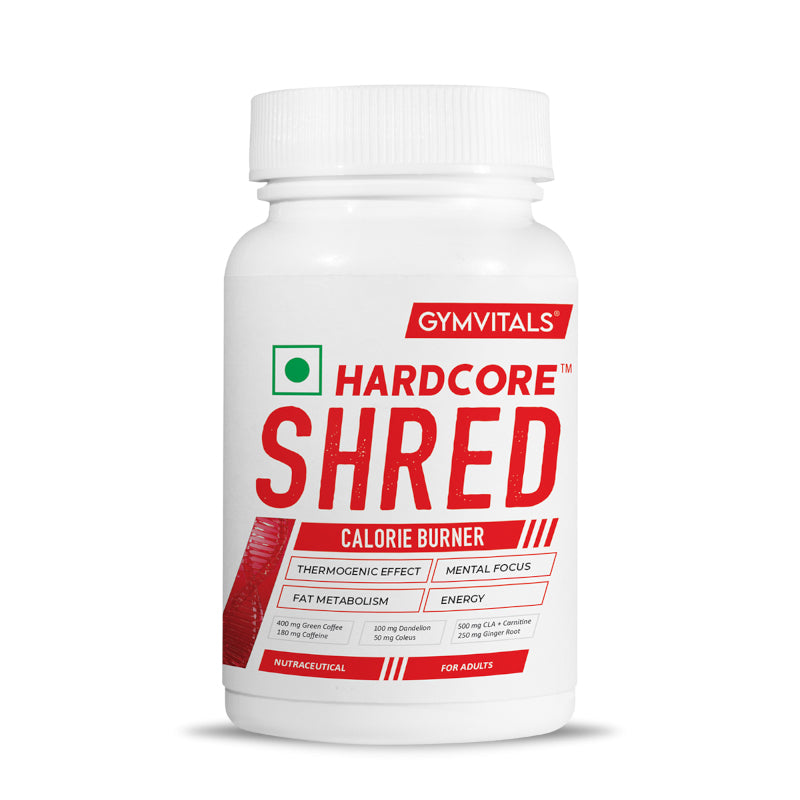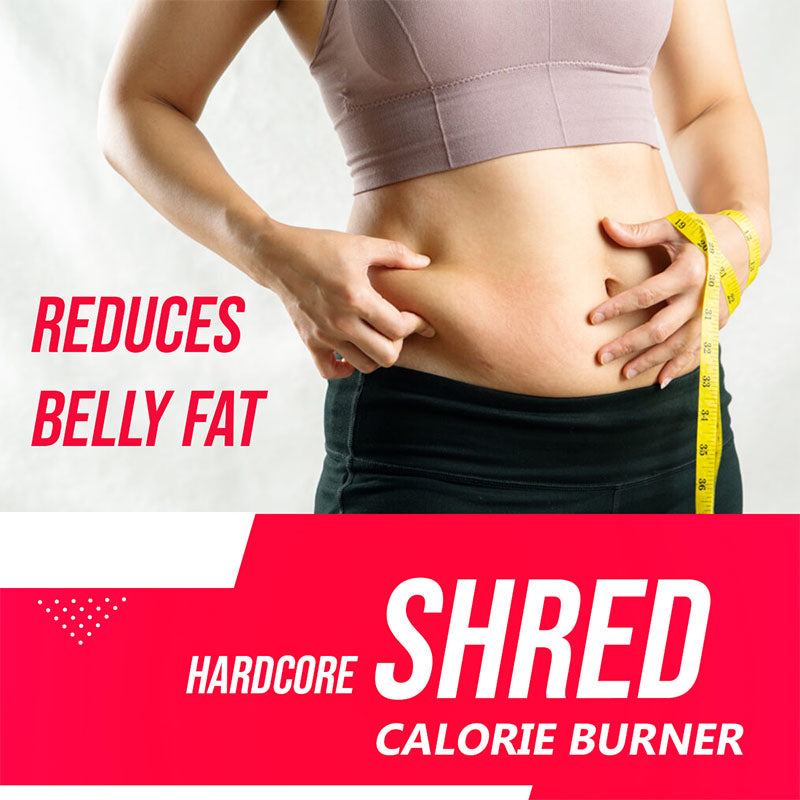Exercise is one of the best ways to get fit and healthy. To reap the benefits of exercise you need to ensure proper diet and nutrition because to gain muscle and strength, diet plays a key role. And it holds aptly true for a person who is into competitive bodybuilding or looking to build muscle and body.
Why Supplements are required?
Competitive bodybuilding is a serious sport that requires quite a bit more effort than bodybuilding for physique or appearance. When you start bodybuilding competitively, every muscle in your body needs to be sculpted while preserving its aesthetic appeal. This is why you need supplements because you may need a strict diet and all essential nutrients to gain that physique. But the million-dollar question is which supplements to pick as the market is loaded with bodybuilding supplements. Well, we are here to help you out!
One important benefit of exercise is gaining muscle and strength. Having a healthy amount of muscle allows you to perform your best during exercise and daily life.
Three main criteria must be met for maximal muscle gain: eating more calories than you burn, consuming more protein than you break down, and an exercise program that is challenging to your muscles
What are Bodybuilding Supplements?
Bodybuilding supplements are dietary supplements commonly used by those involved in bodybuilding, weightlifting, mixed martial arts, and athletics for the purpose of facilitating an increase in lean body mass. The intent is to increase muscle, increase body weight, improve athletic performance, and for some sports, simultaneously decrease percent body fat so as to create better muscle definition.
Bodybuilding supplements are specially designed for people with physically demanding lifestyles. For example, bodybuilders, athletes, martial arts professionals, physical trainers, or even sportspeople. The main aim of these nutritionally loaded supplements is to suffice the specific need of the person by providing all the essential nutrients. Moreover, they are also loaded with several benefits. Here are some of the most obvious benefits of using bodybuilding supplements:
- To increase muscle gain for competitive bodybuilding which needs a very high quantity of protein which is not possible via regular, albeit healthy, meals.
- To repair the constant tearing of muscles which needs a higher concentration of amino acids and other regenerative nutrients available in supplements.
Among the most widely used are high protein drinks, pre-workout blends, branched-chain amino acids (BCAA), glutamine, arginine, essential fatty acids, creatine, HMB, whey protein, ZMA, and weight loss products.
Protein Supplements
Protein is an important part of our diet and key to building and maintaining all types of body tissue, including muscle. It contains amino acids, the building blocks used for muscle growth. Protein powders, available as shakes, bars, and capsules, are one of the most popular muscle-building supplements. Getting enough protein is critical for gaining muscle. Specifically, to gain muscle, you need to consume more protein than your body breaks down through natural processes While it’s possible to get all the protein you need from protein-rich foods, some people struggle to do so. There are many different protein supplements available, but some of the most popular are whey, casein, and soy protein. Other protein supplements contain protein isolated from eggs, beef, chicken, or other sources. Research shows that adding extra protein via supplements causes slightly more muscle gain in people who exercise than adding extra carbs. However, the effects are probably largest for people who aren’t getting enough protein in their normal diet.
How much Protein?
If you are an active individual trying to gain muscle, 0.5–0.9 grams of protein per pound (1.2–2.0 grams per kg) of body weight may be best
Casein Protein Powder
The other milk protein, casein, squeaks in just under whey. Casein has always played second fiddle due to its very slow digestion rate, yet this makes it ideal as a pre-bedtime snack because it prevents catabolism while you sleep by emptying slowly and steadily. Casein also makes you feel less full, which makes it a great snack for those who want to pack on muscle mass. And new research finds that casein gives whey a run for its money – when it’s taken postworkout, casein boosts muscle protein synthesis much like whey does. It’s even suggested that a whey and casein protein shake took after training increases muscle growth better than either protein taken alone.
Maximize Results: Choose a casein protein that contains micellar casein (the slowest-digesting casein you can buy) and take 20-40 grams right before going to bed. After workouts, add 10-20 grams of casein to your whey protein. Also, use 20-40 grams of casein in your protein shakes between meals.
Weight Gainers
Weight gainers are supplements designed to conveniently help you get more calories and protein. They’re typically used by individuals who struggle to gain muscle. Some people find it hard to gain muscle, even when consuming large amounts of calories and lifting weights Although the calorie contents of weight gainer supplements vary, it’s not uncommon for them to contain over 1,000 calories per serving. Many people think these calories come from protein since it’s so important for muscle building. However, most of the calories actually come from carbs. There are often 75–300 grams of carbs and 20–60 grams of protein per serving of these high-calorie supplements.
Beta-Alanine
Beta-alanine is an amino acid that reduces fatigue and may increase exercise performance Additionally, beta-alanine may help increase muscle mass if you are following an exercise program. One study showed that taking 4 grams of beta-alanine per day for eight weeks increased lean body mass more than a placebo in college wrestlers and football players Another study reported that adding a beta-alanine supplement to a six-week, high-intensity interval training program increased lean body mass by about 1 pound (0.45 kg) more than a placebo
Branched-Chain Amino Acids
Branched-chain amino acids (BCAAs) consist of three individual amino acids: leucine, isoleucine, and valine. They are found in most protein sources, particularly those of animal origins like meat, poultry, eggs, dairy, and fish. BCAAs are critically important for muscle growth and makeup about 14% of the amino acids in your muscles
HMB
Beta-hydroxy beta-methylbutyrate (HMB) is a molecule that’s produced when your body processes the amino acid leucine. HMB is responsible for some of the beneficial effects of protein and leucine in the diet. It may be especially important for reducing the breakdown of muscle proteins. While HMB is produced naturally by your body, taking it as a supplement allows for higher levels and may benefit your muscles. Several studies in previously untrained adults have shown taking 3–6 grams of HMB per day can improve the gains in lean body mass from weight training. HMB is most effective for those who are getting started with exercise or increasing the intensity of their workouts.
Creatine
Creatine is a molecule that’s produced naturally in your body. It provides energy for your muscles and other tissues. Taking it as a dietary supplement can increase muscle creatine content by up to 40% beyond its normal level. This affects your muscle cells and exercises performance, promoting muscle gain. In fact, a large amount of research shows creatine improves muscle strength. Creatine can also increase water content in your muscle cells. This may cause your muscle cells to swell slightly and produce signals for muscle growth. Furthermore, this supplement may increase levels of the hormones involved in muscle growth, such as IGF-1. Moreover, some research shows that creatine could decrease the breakdown of proteins in your muscles
Glutamine
Glutamine is another amino acid that helps the body deal with the physical stress of heavy bodybuilding. It removes any excess ammonia that gets collected in your body when you exercise excessively or for competitive bodybuilding[4]. Excess ammonia in the body can severely imbalance the acid-base equilibrium that should exist in the body. Ideally, 20-30 grams of glutamine is recommended per day which includes consuming 10 grams post-workout.
Nitric Oxide Boosters
Nitric oxide (NO) is a molecule found throughout the body that’s involved in multiple processes. The one that bodybuilders are most interested in is its ability to dilate blood vessels, which allows more blood flow to the muscles for enhanced delivery of oxygen, nutrients, anabolic hormones, and water (blood is mostly water). This gives you more energy during your workout, an enhanced muscle pump, and better muscle recovery and growth after the workout. NO boosters don’t provide NO, but rather the amino acid arginine, which is readily converted to NO in the body. Research has found that subjects who were given arginine increased muscle strength and growth and lost body fat.
Maximize effect: Take an NO booster that provides 3-5 grams of arginine in the form of L-arginine, arginine alpha-ketoglutarate, arginine ethyl ester, or arginine malate. Also, consider NO boosters that provide ingredients such as citrulline, Pycnogenol, and American ginseng, which enhance arginine’s ability to increase NO. Take one dose at each of the following times: in the morning before breakfast, 30-60 minutes before training, immediately after training, and 30-60 minutes before bedtime. When possible, take each dose without food and consider combining it with 500-1,000 mg of vitamin C, which can help maintain levels of NO for longer.
ZMA
ZMA is a combination of zinc, magnesium aspartate, and vitamin B6. It’s an important supplement because hard-training athletes such as bodybuilders are often deficient in these critical minerals, which are important for maintaining hormone levels and aiding sleep (essential for recovery). Intense training can compromise levels of testosterone and IGF-1. In fact, one study found that athletes who took ZMA significantly increased their levels of testosterone and IGF-1 during eight weeks of training, while those who took a placebo experienced a drop in both T and IGF-1. Naturally, boosting testosterone and IGF-1 can make huge impacts on muscle gains.
Maximize effect: Use a ZMA product that provides about 30 mg of zinc, 450 mg of magnesium, and 10.5 mg of vitamin B6, and take it 30-60 minutes before bedtime without any food or calcium. Taking ZMA on an empty stomach will enhance its uptake and utilization and improve your sleep quality for optimal recovery.
Carnitine
Besides being a popular fat-loss supplement, carnitine is now known to enhance muscle growth through a number of mechanisms, all of which are supported by clinical research. For one, carnitine can increase blood flow to muscles, which means it provides similar benefits to NO boosters. It also increases testosterone levels postworkout and the amount of T receptors inside muscle cells, which allows more testosterone to stimulate more growth. In addition, carnitine supplements have been found to increase levels of IGF-1. Add all these benefits together and you have the potential to gain enormous amounts of muscle.
Maximize effect: Take 1-3 grams of carnitine in the form of L-carnitine, acetyl-L-carnitine, or L-carnitine-L-tartrate with breakfast, your pre-and post-workout shakes, and nighttime meals.
Vitamin/Mineral Supplement
A multivitamin and mineral supplement is not purely a bodybuilding supplement in terms of directly targeting muscle growth the way creatine and L-glutamine do. Taking a high potency and high-quality vitamin/mineral product is a fundamental way in which to support the cellular conditions under which performance and muscle growth can occur. Though certain compounds like vitamin-C (comprising, along with A and E, the so-called antioxidants) are thought to be of greater importance for immune function, it is the synergistic effect of all key vitamins and minerals taken in a specific ratio that will support the best results in health and subsequent tissue growth and function.
Omega-3 Fish Oil
The many health benefits to be derived from eating fatty, cold-water fish such as salmon and mackerel are well documented. However, due to various contaminants, purity, and quantity of essential fatty acids supplied, availability and price, gaining valuable Omega-3 fatty acids from these sources is often not ideal. Fish oil in supplemental form, on the other hand, provides the perfect ratio of these Omega-3's in the purest and most concentrated way possible. To improve performance and build muscle a healthy physical state must first be attained as muscle can only grow when the right conditions are in place to do so. Omega-3 fatty acids may support blood circulation to allow nutrients such as protein and carbohydrates to reach muscle and exert their effects. Omega-3s may also assist fat loss through maximizing metabolic rate and helping to form a foundation from which thermogenesis can occur. Joint lubrication and cardiovascular health are also major benefits to be derived from Omega-3 supplementation.
Caffeine
Caffeine may be the most widely used stimulant. It has repeatedly been shown to be an effective ergogenic aid in both endurance exercise and high-intensity activity. Research suggests that caffeine consumption prior to resistance training can increase one-rep max (1RM) for the bench press. Caffeine has been shown to decrease rates of fatigue and lower perception of effort, which may be of benefit during high-intensity, high-volume workouts.
Citrulline Malate
The benefits seen with CM supplementation are most likely attributed to the synergistic combination of both L-citrulline and malate, which may help to increase rates of ATP during exercise, followed by increased rates of PCr recovery after exercise. CM was originally marketed as an "antifatigue" supplement. Investigations have shown that a single dose of CM (8 grams) increased the number of repetitions performed during an upper-body resistance training protocol and reduced soreness at 24 and 48 hours post-exercise. CM may be beneficial in improving exercise performance during upper- and lower-body multiple-bout resistance exercises in resistance-trained men. The misconception that supplementation is not really necessary (that they are, after all, only to be used to supplement a nutritionally deficient diet) has persisted for quite some time. In recent times, however, it has become clear with advancements in supplement quality, purity, and what they can offer, that whole food nutrition simply cannot cover everything. Rather than being an optional extra to boost bodybuilding success, supplement use is a crucial aspect for fat loss, muscle building, and performance.
